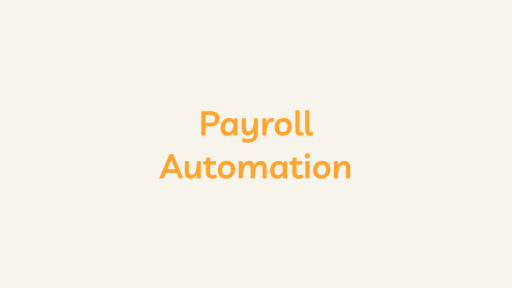What is a Payrоll?
Payroll is a critical function for any business, big or small. It refers to the process of calculating and distributing employee salaries and wages, along with any associated deductions and taxes. The payroll process can be complex and time-consuming, but it is essential for ensuring that employees are paid accurately and on time.
Payroll typically involves several key tasks. These include calculating gross pay (the total amount an employee has earned in a given pay period), subtracting applicable taxes and deductions, and issuing net pay (the amount an employee receives in their paycheck). Other tasks may include tracking employee time and attendance, managing benefits and retirement plans, and filing tax returns and other regulatory forms.
One of the biggest challenges of payroll is staying up-to-date with changing tax laws and regulations. Businesses must ensure that they are accurately calculating taxes and deductions and that they are properly withholding and reporting these amounts to the government. Failure to comply with these regulations can result in costly fines and penalties.
Another challenge is managing the payroll process efficiently and accurately. This can involve using specialized payroll software, hiring dedicated payroll staff, or outsourcing the payroll function to a third-party provider. Businesses must also ensure that they maintain accurate records of payroll transactions and comply with any legal requirements for record-keeping.
Despite these challenges, payroll is critical for any business that employs workers. Accurate and timely payroll processing can help businesses attract and retain talented employees, build trust with staff, and maintain compliance with legal and regulatory requirements. It can also help businesses make strategic decisions about employee compensation and benefits and provide valuable data for financial planning and analysis.
In conclusion, payroll is a vital function for businesses of all sizes. By ensuring that employees are paid accurately and on time, businesses can build strong relationships with staff, maintain compliance with tax and regulatory requirements, and make informed decisions about compensation and benefits. With the right tools and processes in place, businesses can manage the payroll function efficiently and effectively and focus on what they do best – serving their customers and growing their business.





